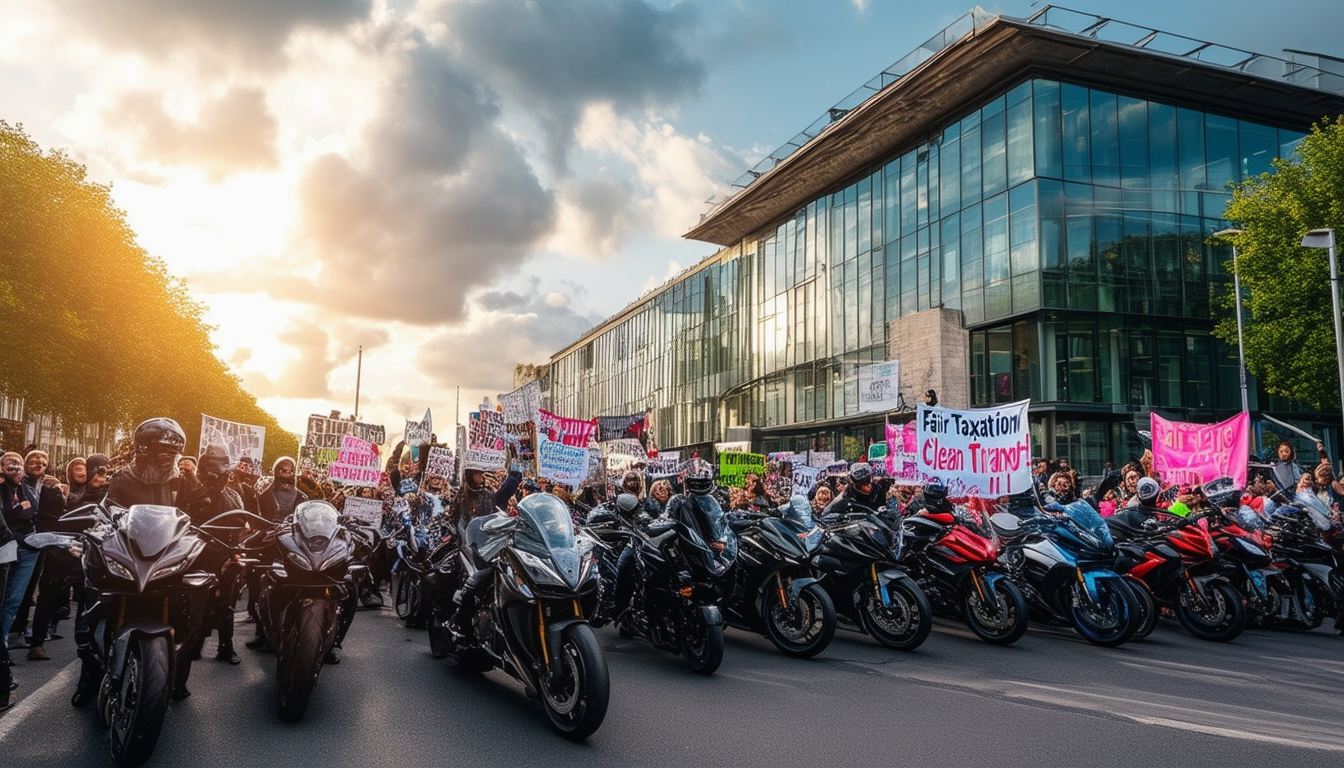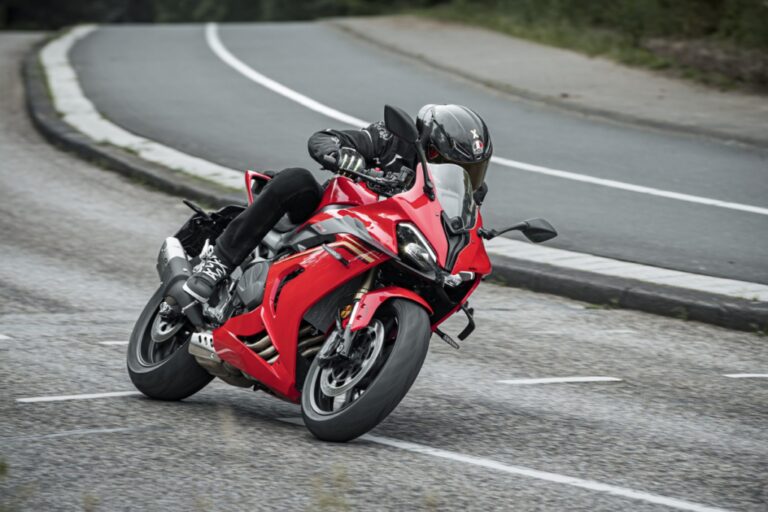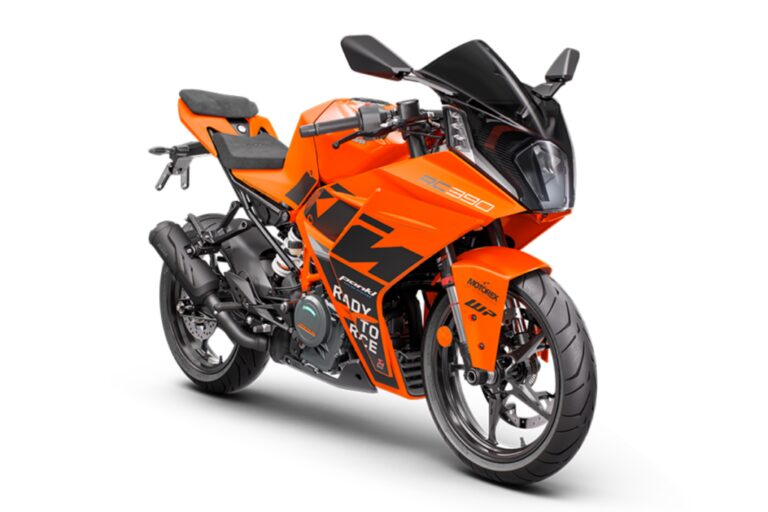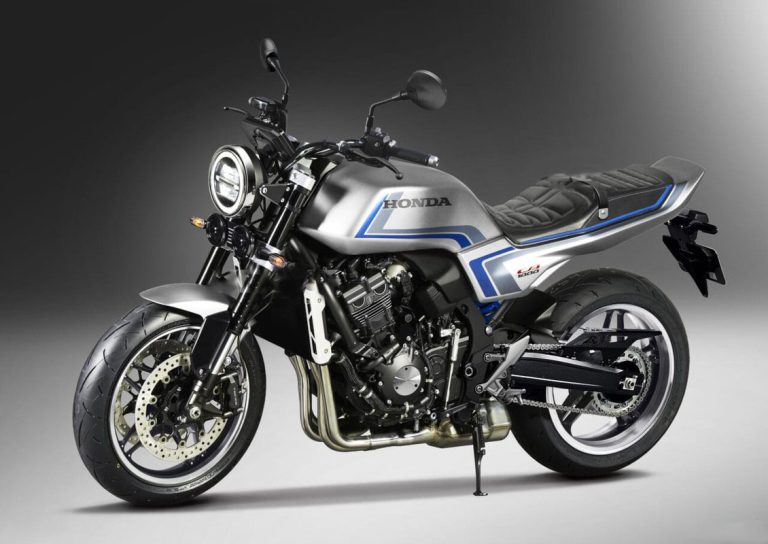Dutch Government’s Controversial New Tax Targets Electric Motorcycles

The recent decision by the Dutch government to implement a hefty new tax on electric motorcycles has ignited controversy within the motoring community. Starting in 2025, these vehicles will be subject to a private vehicle tax of 19.4%, with previous exemptions removed, making it significantly more expensive for potential buyers. This move not only raises concerns about the future of electric mobility in the Netherlands but also signals a broader challenge for the global EV market as it attempts to gain traction against traditional vehicles.
The recent decision by the Dutch government to impose a hefty tax on electric motorcycles has sparked considerable debate in the motorcycling community. Beginning in 2025, electric bikes will be subjected to a 19.4% private vehicle tax, along with a removal of previously available road tax exemptions. This move not only raises the cost of electric motorcycles but also invites questions about the government’s commitment to promoting eco-friendly transportation solutions.
The Shift in Electric Motorcycle Landscape
Electric motorcycles were once celebrated as the future of mobility, especially in the wake of the pandemic, which saw a surge in demand. However, the tide is turning. Many electric vehicle (EV) startups are facing financial difficulties, leading to a wave of bankruptcies in the industry. This downturn has not only influenced the market dynamics but also posed challenges to potential buyers who may now reconsider their investments in electric transportation.
Impacts of New Taxation on Consumers
Under the newly proposed tax structure, electric motorcycles will incur a BPM tax of 19.4% on their list price, with a deduction of 210 euros. For context, an electric motorcycle priced at €25,000 could see an additional cost of over €4,640 due to these regulations. This significant increase could make many models financially untenable for many consumers, particularly when compared to traditional motorcycles, which do not face similar burdens.
The Removal of Subsidies
In addition to the introduction of the private vehicle tax, subsidies that once supported buyers of electric motorcycles are being eliminated. Until now, owners enjoyed exemptions from road tax, which made ownership significantly more affordable. However, starting in 2025, road tax will be mandatory for electric motorcycle owners, compounding the financial impact of the BPM tax.
The Wider Implications for Electric Mobility
The changes introduced by the Dutch government signal a worrying trend regarding the future of electric mobility. With electric motorcycles being a small segment of the transportation market, it appears that they are being targeted as a means for the government to generate additional revenue without regard for promoting sustainable practices. In fact, only about 700,000 motorcycles are registered in the Netherlands, significantly less than other European countries, highlighting a lack of prioritization for motorcycle riders in governmental policies.
Challenges for Innovation
As the world strives for better carbon-neutral goals and improved urban mobility solutions, the government’s new tax policy is seen as a move that stifles innovation. With the motorcycle industry expected to contribute to future advancements in sustainable transportation, these financial burdens may deter manufacturers from investing in electric motorcycle technology. The hope for electric two-wheelers to play an essential role in achieving carbon neutrality by 2050 is now in jeopardy amidst rising costs and diminishing incentives.
The recent decision by the Dutch government to impose a hefty tax on electric motorcycles has stirred controversy among riders and manufacturers alike. Starting in 2025, electric motorcycles will be subject to a private vehicle tax and will also lose previous road tax exemptions. With the combination of these changes, the cost of owning an electric motorcycle is set to rise significantly, prompting concerns about the future of EVs in the Netherlands.
The Impact of the New Tax
As the tax landscape evolves, the implications for electric motorcycle owners are substantial. A recent article highlighted that an electric motorcycle priced at around €25,000 could incur an additional €4,640 due to these new tax rules. This significant hike could discourage potential buyers and worsen the already slow adoption of electric motorcycles in the region.
Details of the Tax Structure
The BPM tax for electric motorcycles will be set at 19.4% of the list price, minus a small deduction of €210. Unlike electric cars, which benefit from a waiver on this tax, motorcycles are being treated differently. This discrepancy raises questions about the government’s commitment to promoting green transportation.
Loss of Previous Incentives
In addition to the newly imposed BPM tax, the removal of subsidies previously available for electric motorcycle buyers adds another hurdle. Previously, owners enjoyed exemptions from road tax, making electric motorcycles a more attractive option. Now, they will face a double financial burden as they will have to pay both the new private vehicle tax and road tax.
The Effect on the Market
With these changes, manufacturers like Zero Motorcycles could see a significant increase in the prices of their electric offerings. As costs rise, the motorcycle market in the Netherlands may suffer, leading to fewer sales and dampened interest in electric alternatives.
The Broader Implications
The Dutch government’s stance not only affects domestic buyers but also sends a ripple effect throughout Europe. As countries strive towards carbon neutrality, limiting the growth of electric motorcycles may lead to setbacks in achieving broader environmental goals. This situation poses an interesting challenge for the industry as it seeks to balance innovation with government regulations.
What Riders Can Do
For riders concerned about these developments, staying informed is critical. This includes understanding the financial implications of the new tax rates and the potential impact it can have on purchasing decisions. Engaging in community discussions and advocating for favorable legislation can also help pave the way for a more supportive environment for electric motorcyclists. Sharing experiences and knowledge can empower the community to stand together during this challenging transition.






